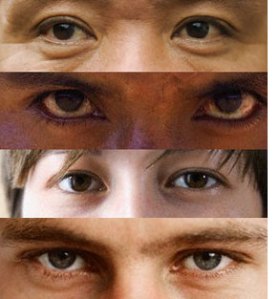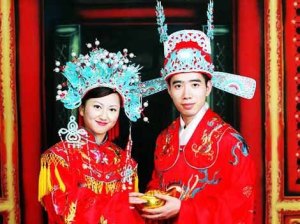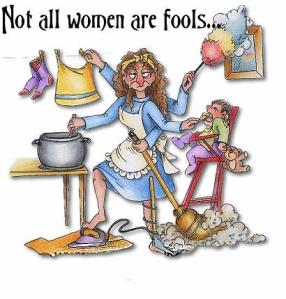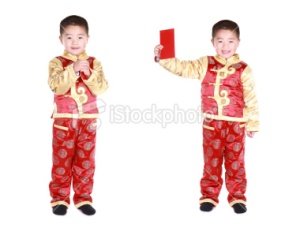Chen and I started discussing about Globalization and Change in China. I asked him About Poverty in Chinese current situation. He replied “Poverty is a big aspect in china. we have so many people who earn $1 per day.” He mentioned that income equality has gone up and thus the gap between urban and rural people has risen. I asked him whether Globalization affects It’s economy or not. He said ” Of course, I think market systems are one of the main cause of poverty. he mentioned that there are so many different factors which affects our economy. futhermore he explained that globalization has also an effect on the growth and development. It has caused urbanization to happen.
Talking about population pressure he said couple of years ago our birthrate was very high although it has been going down through china’s one child policy. He said “people Often living in urban Areas tend to have one child however People in rural areas might might 3 or more but since government policies have been implemented, it is making an impact and I think Its going down gradually.” He mentioned that china suffers mostly by population, inequality and it results in poverty. Talking about how trade system works with other countries he explained that there is not much free trade in china although we do some import and exports for particular goods. Furthermore, Going deeply into globalization he mentioned that our economic interdependence and interaction with countries is becoming stronger.
He mentioned that for development progress and prosperity could be achieved through integrating with outside world, through steeping up exchanging and corporation with other countries and through absorbing the fine results of human civilization. I asked him whether he supports Globalization or not. He said ” Of course I do, we should take all the opportunities presented by globalization and adopt reforms to be with world’s growth.
I think it was a pretty good topic to talk about. Chen is an Economics Major and he knows a lot of concepts therefore I was able to ask him several questions related to globalization. It is obvious that Chen supports Globalization but also knows its negative consequence.



